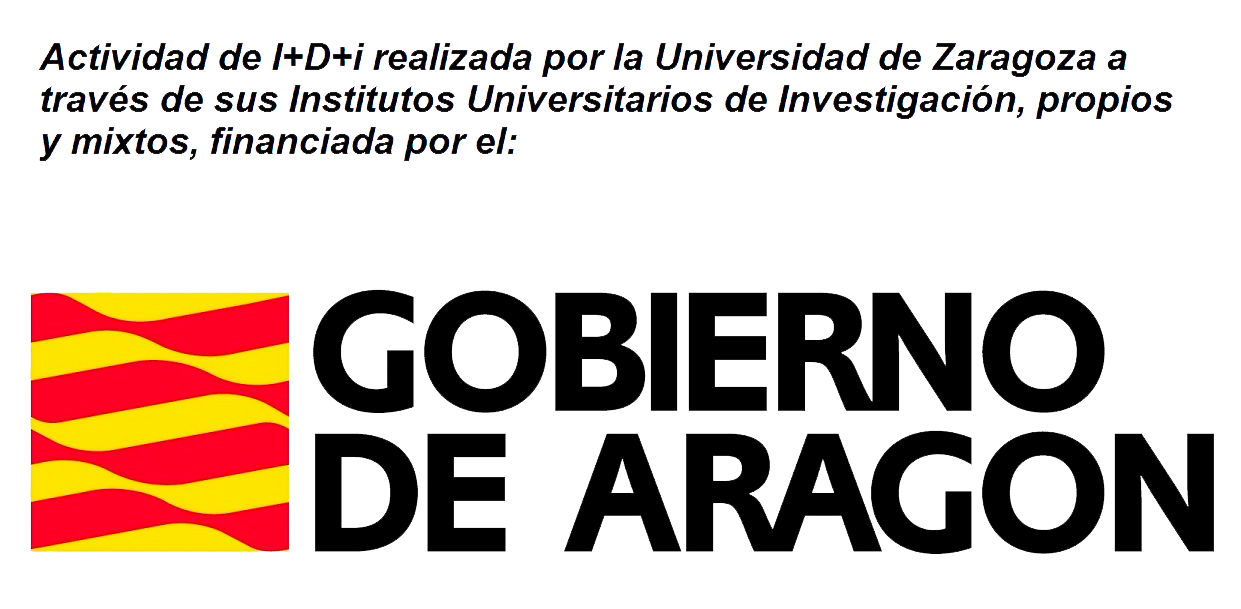Sergio Pérez Gaviro
Centre: Dpto. Física Teórica, F. Ciencias and BIFI.
Institution: University of Zaragoza, Zaragoza (Spain)
Position: Researcher from the University of Zaragoza
E-mail: spgaviro@unizar.es
Phone: +34 976 76 1259 (ext.: 841259) / +34 876 55 5498 (ext.: 845498)
Web: https://sideral.unizar.es/sideral/CV/sergio-perez-gaviro
Profile: Ver
Personal statement
My research activity and incorporation to the BIFI began in 2004, with the completion of my doctoral thesis, entitled, “Phase transitions and critical behaviour of spin glasses”, under the supervision of Alfonso Tarancón-Lafita, at the BIFI and the University of Zaragoza, and Víctor Martín-Mayor, at the Complutense University of Madrid. During this period I stayed at the EPCC-Institute (University of Edinburgh), and the University of California at Santa Cruz (USA). Afterwards, I spent 3 years as a postdoc at the University of Rome – La Sapienza, under the direction of Prof. Giorgio Parisi (Nobel Prize in Physics, 2021). I have collaborated with private companies in the analysis and registration of medical brain MRI images for the study of Alzheimer’s disease. I have been an ARAID researcher and lecturer at several university centres. I am currently, Full Professor at the University of Zaragoza and, since 2013, head of the ‘Dedicated Computers’ research line at the BIFI.
Researcher profile identity
I am an R3 researcher. My main lines of research are:
– The study of spin glasses, as a paradigm of Complex Systems: these are magnetic systems, that at low temperature, exhibit disordered frozen behaviour and show peculiar effects such as rejuvenation and memory.
– The design of special purpose computers: within the ‘Janus Collaboration’ (see https://www.janus-computer.com/) we have designed and developed the ‘Janus’ and ‘Janus II’ supercomputers, based on FPGA reprogrammable processors, which can be programmed ad hoc to solve specific problems that cannot be tackled with conventional computers.
– Antibody humanisation: we carry out the study and development of algorithms for antibody humanisation. This in silico approach avoids a lot of testing in the laboratory.
I have developed an encryption algorithm for message encryption.
Why my research is important
The studies carried out with the ‘Janus’ and ‘Janus II’ supercomputers have been a turning point in the understanding of the behaviour of spin glasses and, therefore, of Complex Systems. Moreover, all the physical-mathematical theory developed for the study of spin glasses has not only had a great impact in the field of Complex Systems, but has also been extrapolated to other scientific fields, such as molecular biology, neural networks, conformational dynamics of proteins and their folding, encryption algorithms, information theory or even finance.
The development of algorithms for the humanisation of antibodies avoids hundreds of trial-and-error experimental trials in laboratories. On the other hand, the new sequences proposed by our algorithm have already proved very useful in the humanisation of antibodies against fungal pathogens in vitro, accelerating the elimination of pathogens and minimising the necessary dose of drugs.
Know more about me and my research
– https://bifi.es/es/computacion/
– https://sideral.unizar.es/sideral/CV/sergio-perez-gaviro
– https://www.janus-computer.com/












